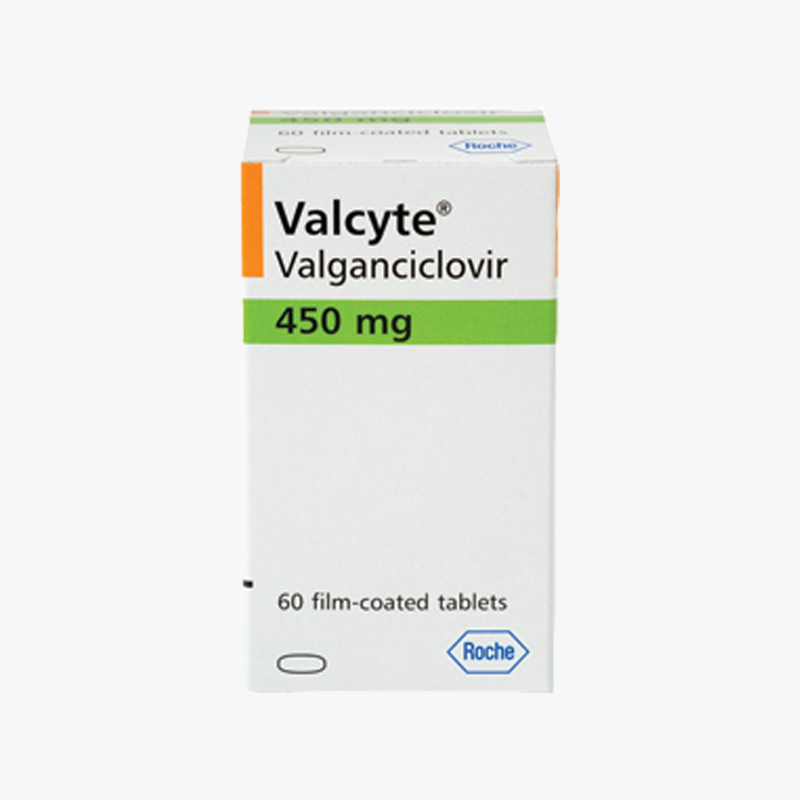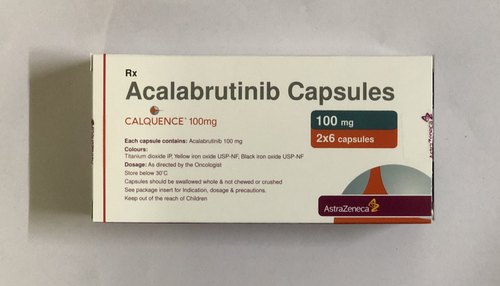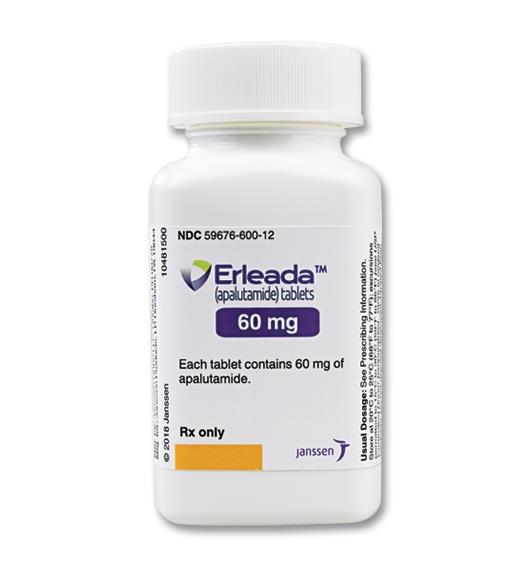Description
Additional Information
Side Effects
Pack Size
3S Corporation is a WHO GDSP approved & licensed Pharmaceutical stockist/wholesaler/distributor/exporter/importer of Valcyte 450 Mg based in India - To buy Valcyte 450 Mg or know its cost price contact us here.
We supply & sell Valcyte 450 Mg for Reference Listed Drugs, Government Tenders, Shortage Lists, Emergency Imports, Name Patient Drugs, Comparator Drug Studies, Un-licensed Importation, clinical trial samples & Bio-Similars.



